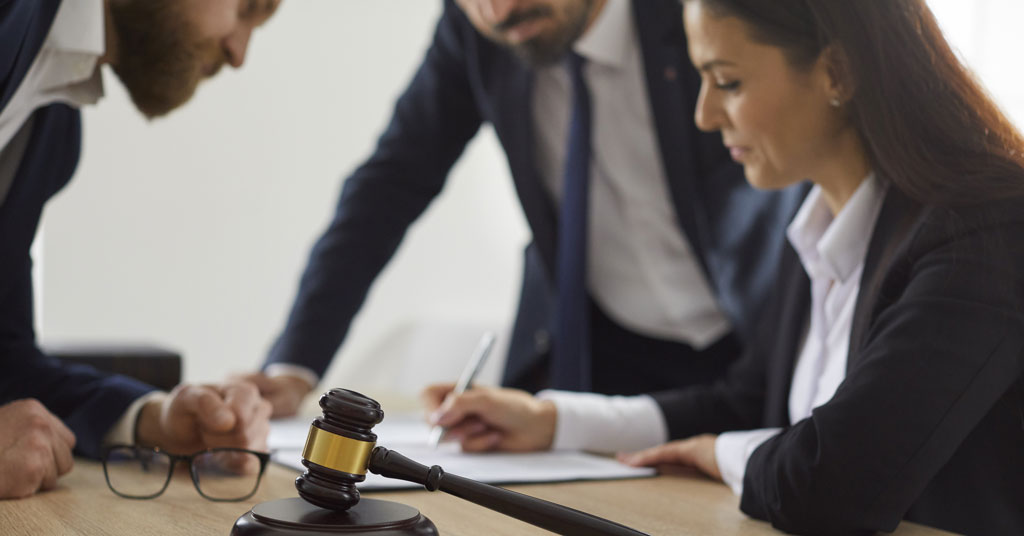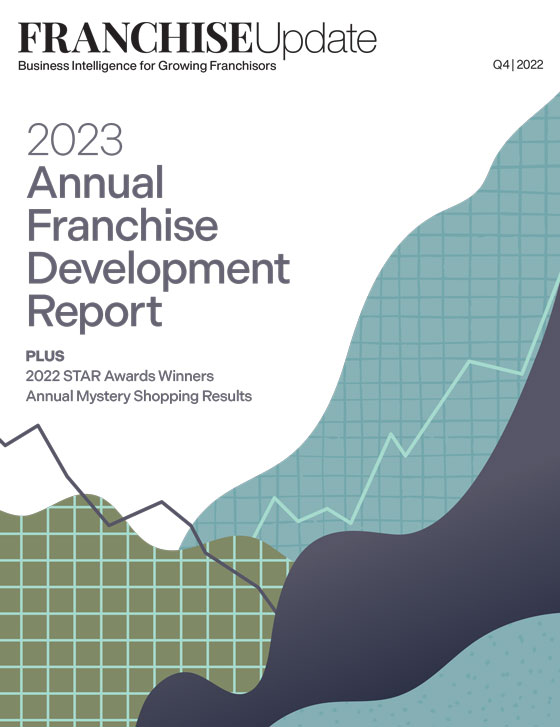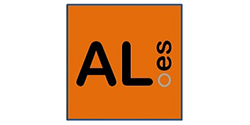Expert Witness: Lessons from a litigation expert

For 25 years, I’ve spent part of my time as a testifying or consulting litigation expert in the U.S. and internationally and am told by litigators that I’m very effective. But experience and expertise aren’t enough to be an asset to the court. I’ve seen equally competent experts damage their reputations and be excluded from cases.
Understand your role
Your purpose in litigation is to clarify, explain, and assist the court to better understand the facts, based on your expertise, industry experience, and the generally accepted standards and practices in your field. You’re neither an advocate nor a fact witness.
Understand what opinions the lawyers are looking for. While litigators may be skilled, they often don’t have a deep understanding of how franchising actually works. Ask questions and get comfortable with the issues. Ensure up front that you don’t have any conflicts of interest, and disclose whether you’ve ever worked for or been hired as an expert for the opposing side, and whether (and why) any of your previous opinions have been stricken or limited by any court.
Gain an understanding of the issues by reviewing the pleadings and asking questions. Only when you’re comfortable that you can support the lawyer’s case should you accept any litigation assignment. As you review additional material, opinions you thought you could offer may not be supported by the facts of the case. When that occurs, your opinions will have to change. The result may be that your participation in the case must end.
Understand your scope
As a litigation expert, you must stay in your lane. If you offer conclusions that only the trier of fact is empowered to issue, your opinions will be excluded. Your role is not to win the case, and maintaining your credibility is important to the lawyer who engaged you (and to every future lawyer you may work with).
Consistency is essential. The lawyers challenging your opinions may have collected every article, PowerPoint, social media post, expert report, deposition, and trial testimony you’ve ever made. If you or any of your opinions have been excluded in previous cases, they’ll know. If your opinions haven’t been consistent, they’ll know that, too.
Read the case material
In every case, there will be a lot of material you might review. Good litigation counsel will help you sort out the ones that will affect your opinions. If you think there are other documents that are important, determine if they are available.
If you request an available document and the attorney refuses to provide it—with limited exceptions and without a very valid reason—it may be necessary to exit the engagement. Opposing counsel will likely have those documents and will use them to impeach you and your opinions. Being blindsided is unpleasant, unnecessary, and unproductive both for the case and your credibility.
Writing your expert report
If your engagement requires an expert report, it must include all of your opinions and the supported basis for them. Stay within the scope of your opinions. In general, your expert report should contain your CV detailing your qualifications; the articles and publications you’ve authored in the past 10 years; your trial and deposition testimony over the past 4 years; the compensation for your engagement; the information you’ve considered and the documents you’ve reviewed in preparing your report; your opinions and your basis of support; and your signature and the date of your report.
If you cite outside resources in your report, include those as footnotes and provide copies of any material you relied on to legal counsel.
Understand the purpose of your report. If it’s an initial report, focus on the scope agreed upon with legal counsel. If it’s a rebuttal report, focus on rebutting the other expert’s report, not adding opinions that may get your report excluded.
The reader of your report may not understand industry jargon or may have a different understanding of its meaning. Write clearly and define, with sources, the terms you use. Make certain your report flows logically, and that the opinions you provide are supported.
Deposition and testimony
It’s hard to say “I don’t know.” After all, an expert is supposed to know everything. But you don’t, and it doesn’t hurt your credibility to say so. It’s hard not to have an opinion on most things in your field. Even when you do, if the question is outside the scope of the opinions, your answer should be, “It is outside the scope of my opinions.” Opposing counsel may repeat questions hoping for an answer they like, but remember to stay within the scope of the opinions.
Most attorneys will prepare questions for you, including those they anticipate opposing counsel will ask. Examination by the attorney you’ve been working with will be relatively easy. That’s not likely with opposing counsel, where depositions and trial testimony can feel like a boxing match. Read depositions and testimony taken by the opposing attorney to understand their style.
How you conduct yourself during your testimony is as important as the opinions you provide. If it’s a jury trial, speak directly to the jury. They’ll judge what you say and how easy it is for them to understand your opinions, as well as your tone, posture, outfit, and professionalism. A smile goes a long way in a trial.
Last, when working on a case, it often feels that you and the lawyers are on the same team. To an extent, you are. But while you were asked to be an expert because your opinions support their arguments and trial strategy, you’re not an advocate and are compensated for your time, not for the results of the case. Understanding your role and staying true to your professionalism and ethics will make you a better, more effective, and more sought-out litigation expert.
Michael Seid is managing director at MSA Worldwide. MSA provides strategic and tactical advisory services, primarily to franchisors, on a global basis. Call him at 860-523-4257 or email mseid@msaworldwide.com.
Share this Feature
Recommended Reading:
Comments:
comments powered by DisqusFRANCHISE TOPICS
- Multi-Unit Franchising
- Get Started in Franchising
- Growth
- Operations
- Open New Units
- Leadership
- Marketing
- Technology
- Legal
- Awards
- Rankings
- Trends
- Featured Franchise Stories
FEATURED IN

Franchise Update Magazine: Issue 4, 2022






 The franchise listed above are not related to or endorsed by Franchise Update or Franchise Update Media Group. We are not engaged in, supporting, or endorsing any specific franchise, business opportunity, company or individual. No statement in this site is to be construed as a recommendation. We encourage prospective franchise buyers to perform extensive due diligence when considering a franchise opportunity.
The franchise listed above are not related to or endorsed by Franchise Update or Franchise Update Media Group. We are not engaged in, supporting, or endorsing any specific franchise, business opportunity, company or individual. No statement in this site is to be construed as a recommendation. We encourage prospective franchise buyers to perform extensive due diligence when considering a franchise opportunity.